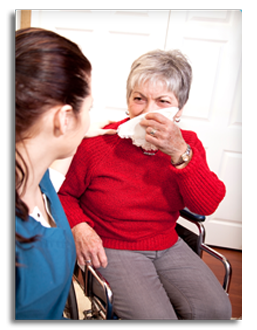[SPEAKER]
In the community health field, “community” can be more than a strictly geographic concept. We see it in terms of trust and relationship based on shared socioeconomic and cultural background, but is that the only basis for “community”?
Some programs focused on a specific health issue, such as diabetes or cancer, rely heavily on peer relationships that are based on shared experience in living with the condition or caring for a loved one who has the condition. HIV peer educator programs follow this pattern. In many cases, the commitment to work on that particular health issue is moral and emotional. In designing effective community programs, however, we must ask whether one kind of shared experience is more important than another. As an HIV peer educator for low-income African-American women at risk of HIV exposure, from IV drug use will a middle-class gay white male or a low-income African-American woman who is not HIV- positive be more effective? Perhaps the ideal is a CHW who shares both kinds of “community” with the priority population, but how do you choose if you can’t find someone who meets those qualifications?
 What is the definition of “peer-ness” and “community” as it relates to the CHW workforce?
What is the definition of “peer-ness” and “community” as it relates to the CHW workforce?
